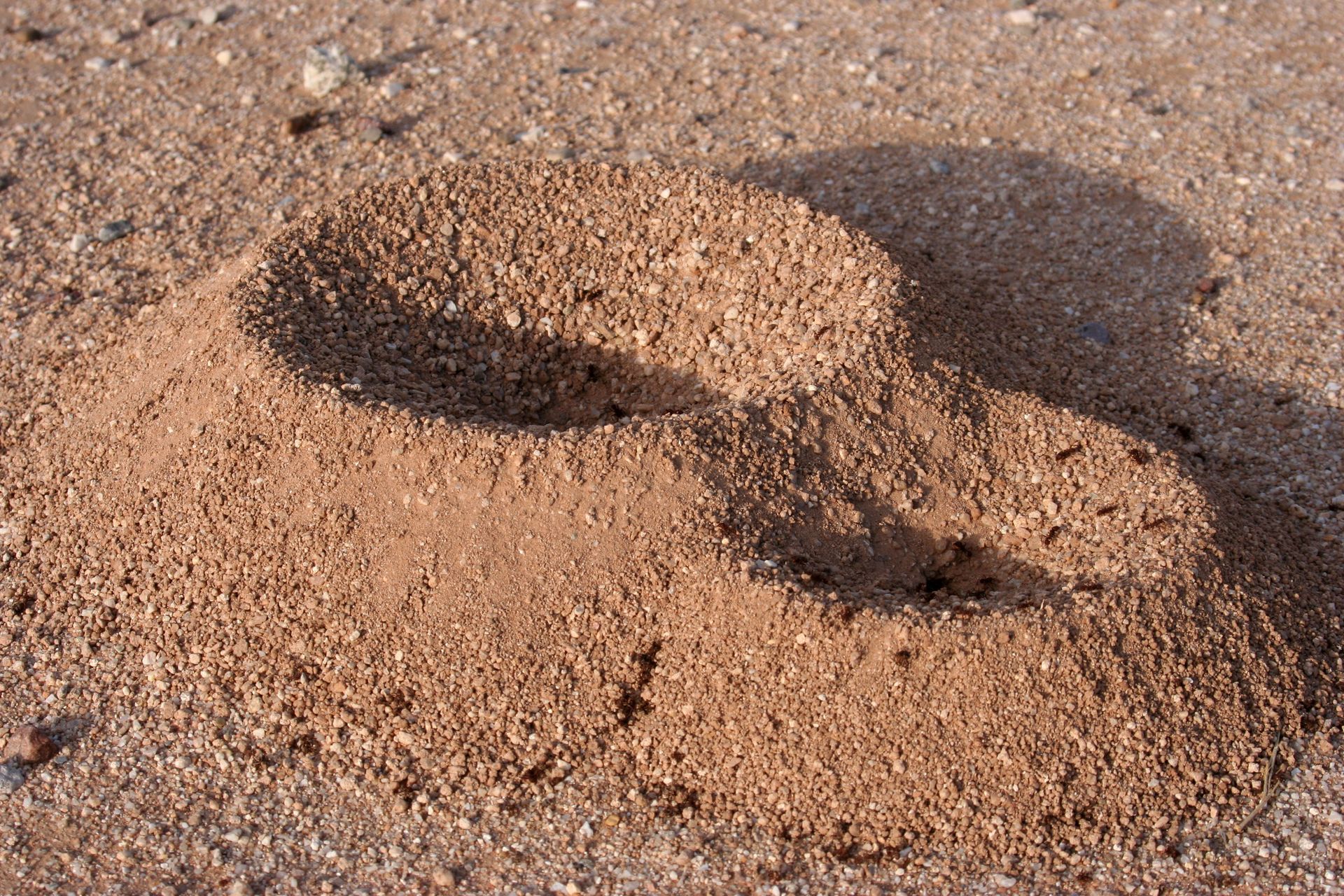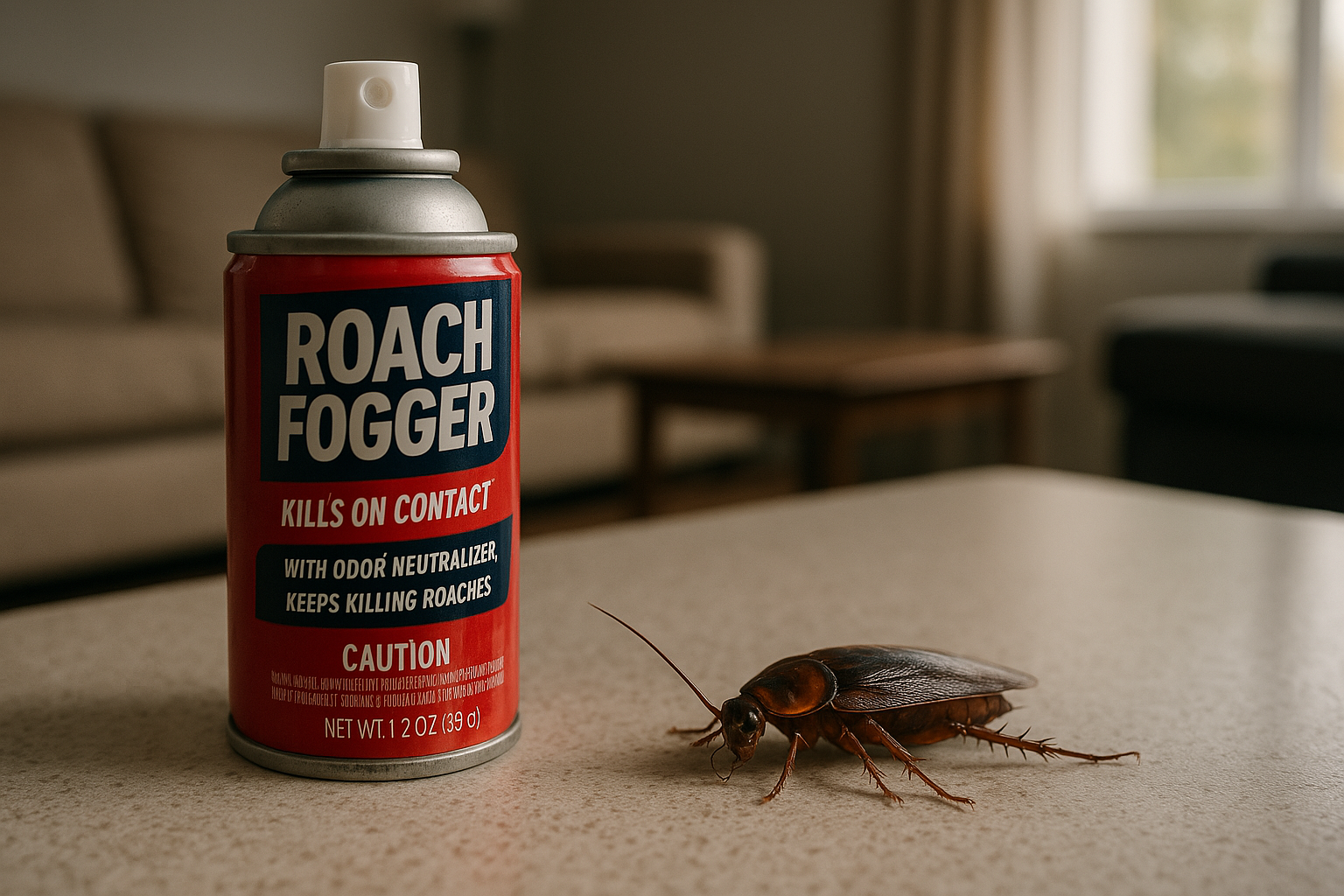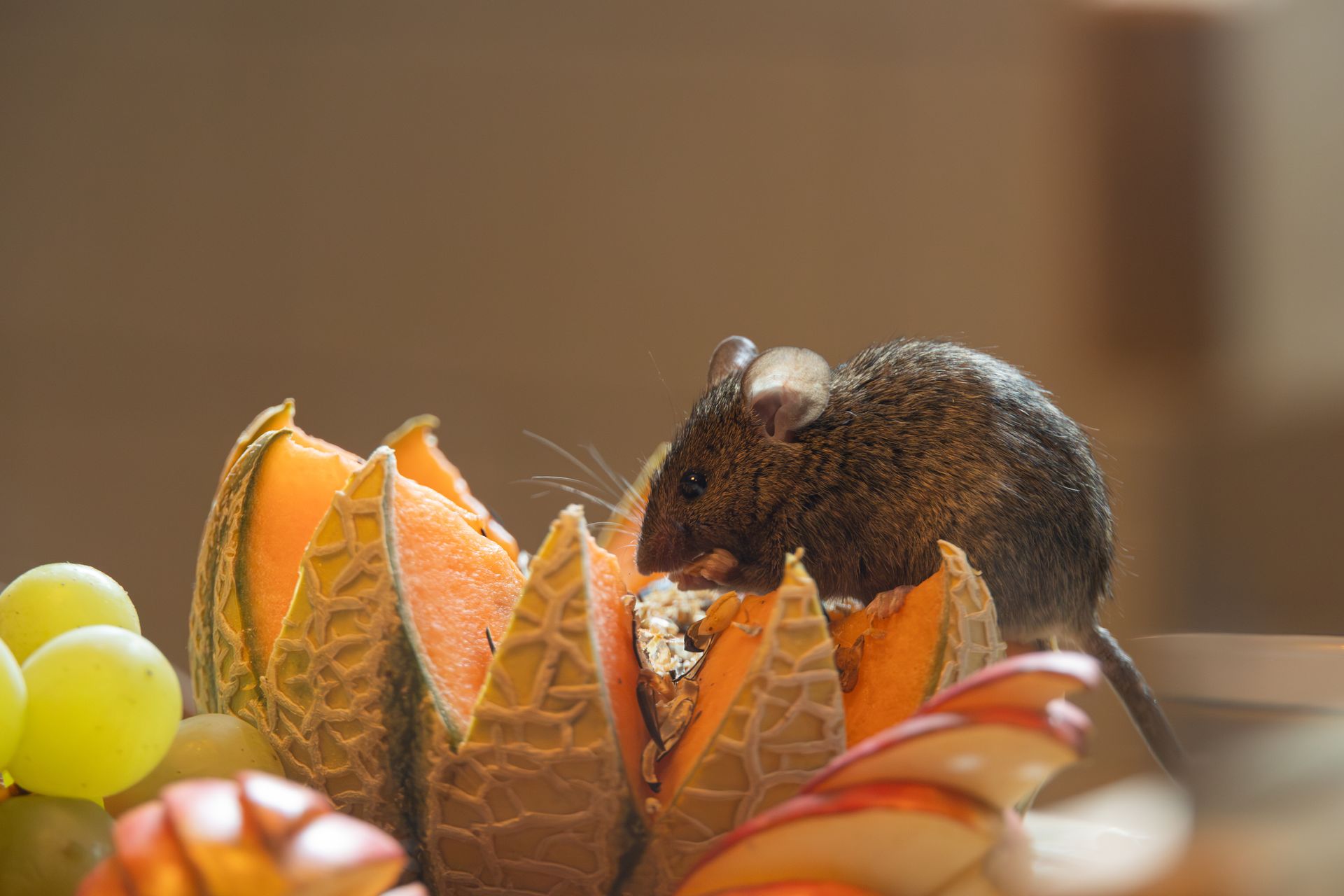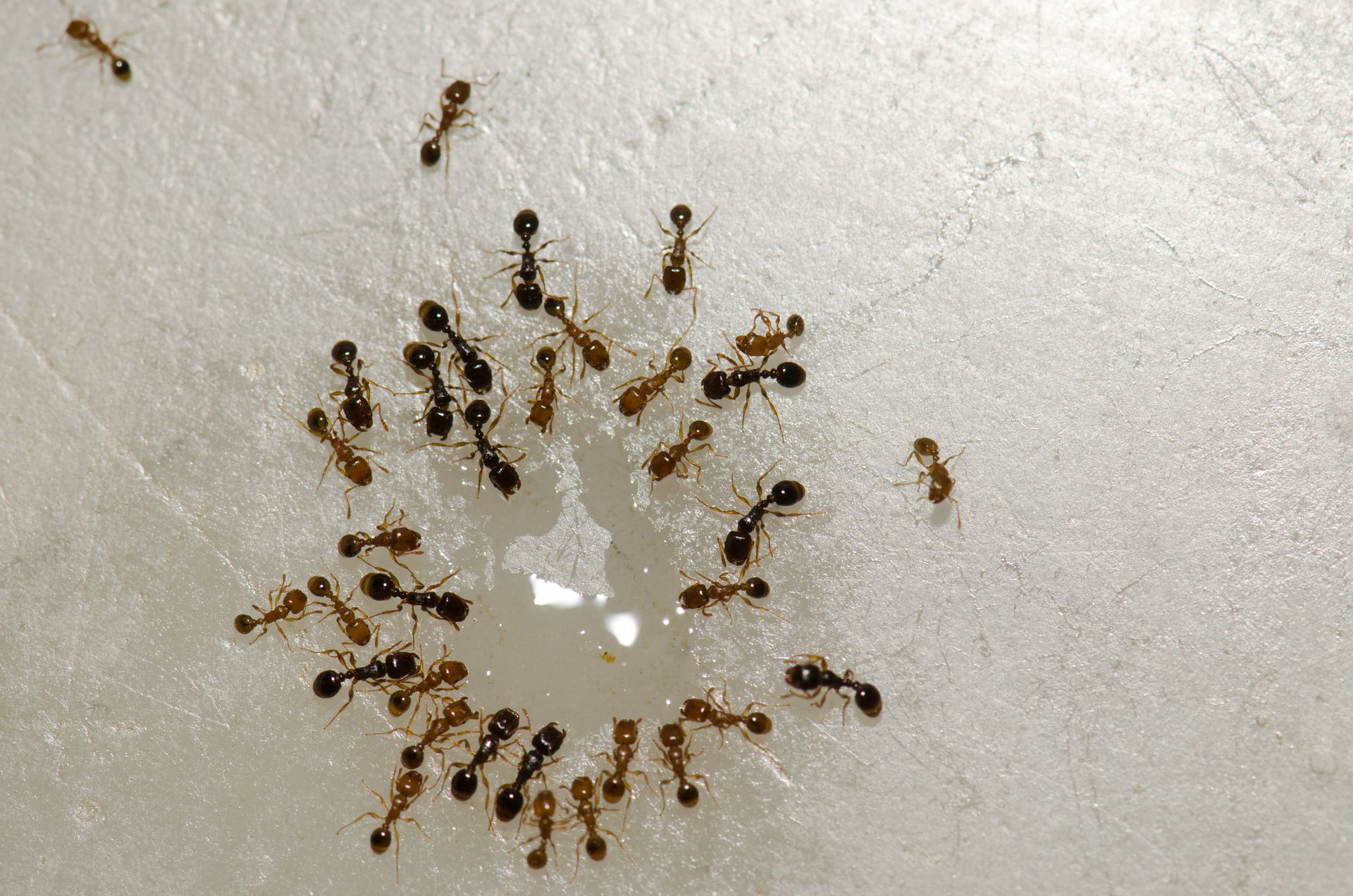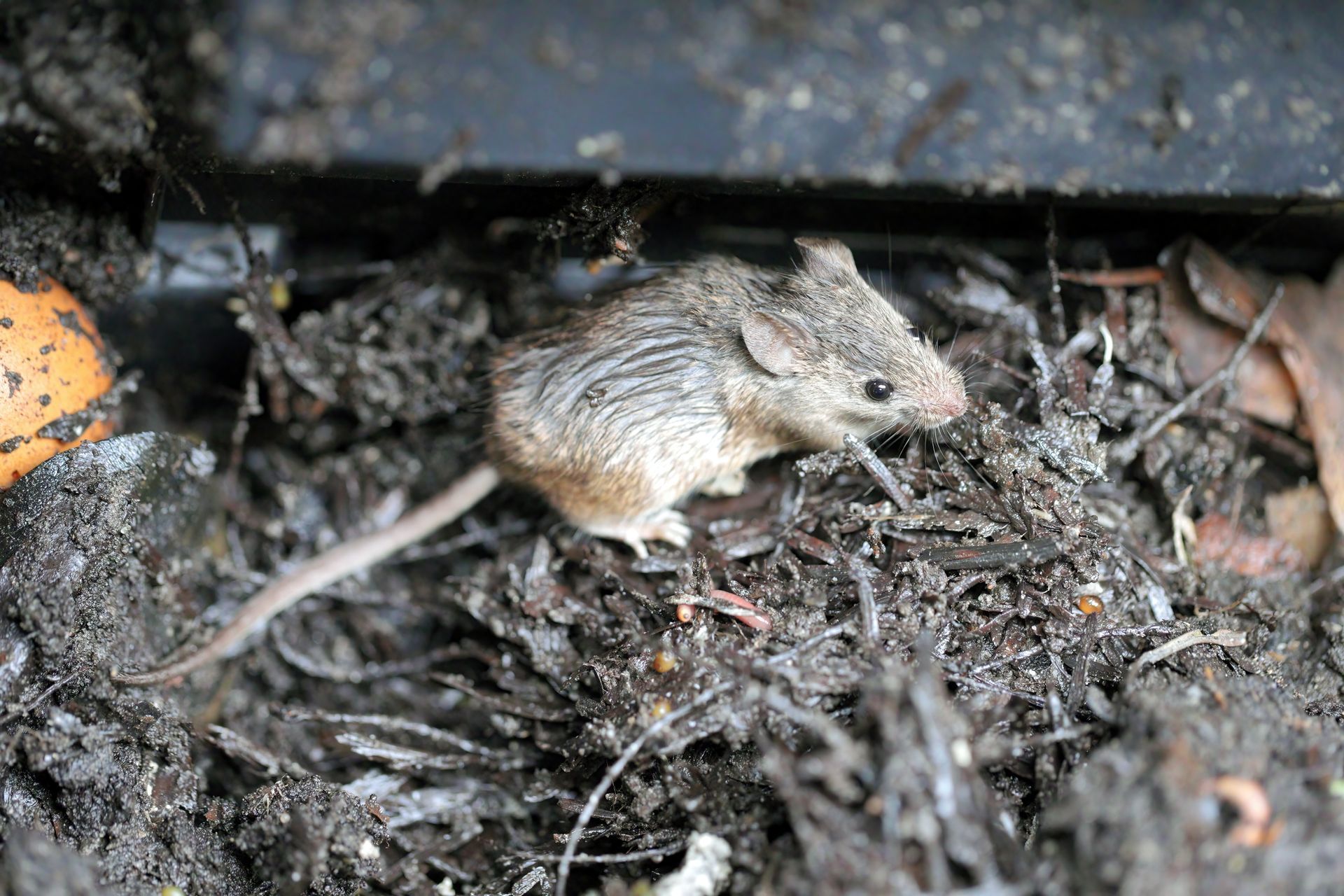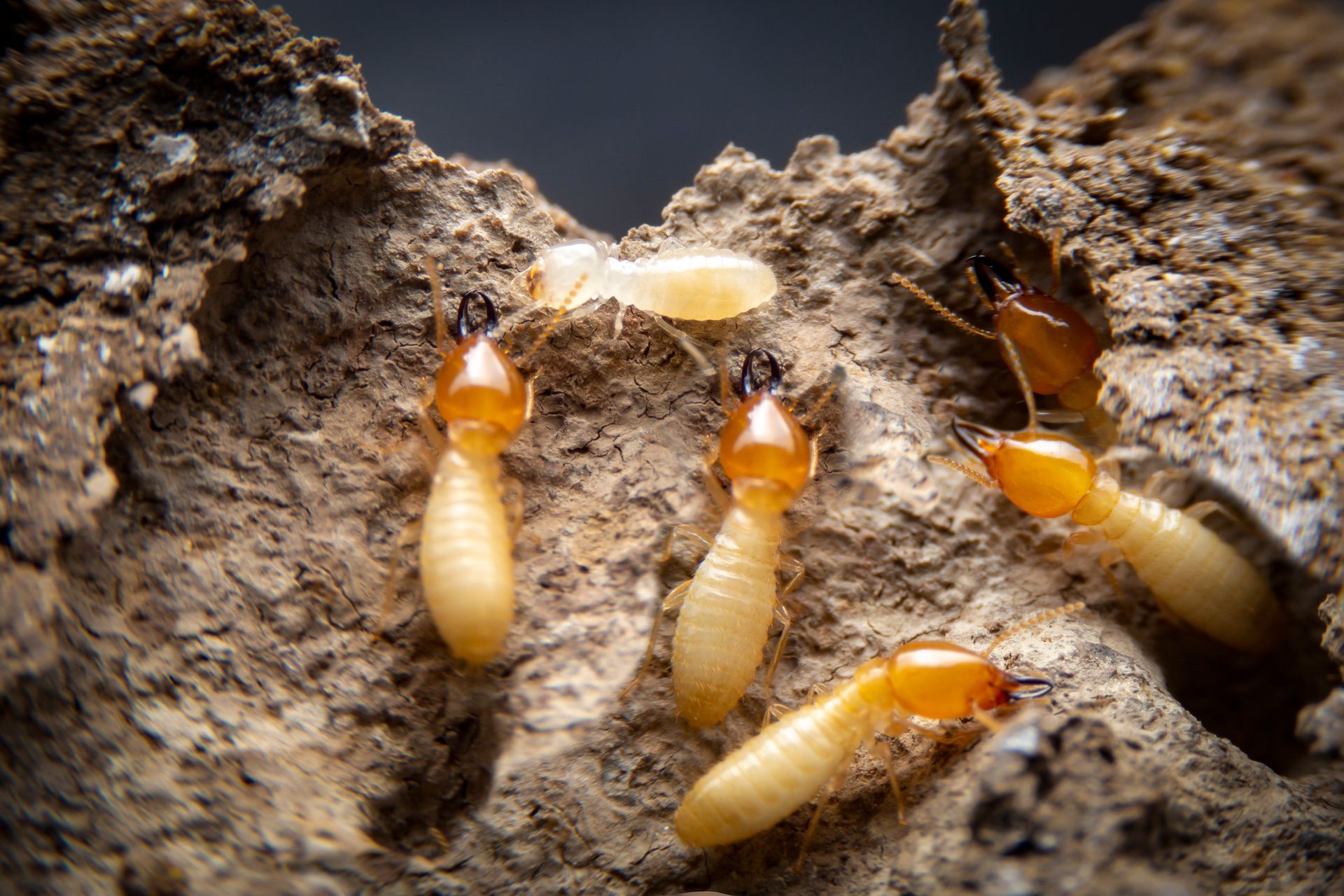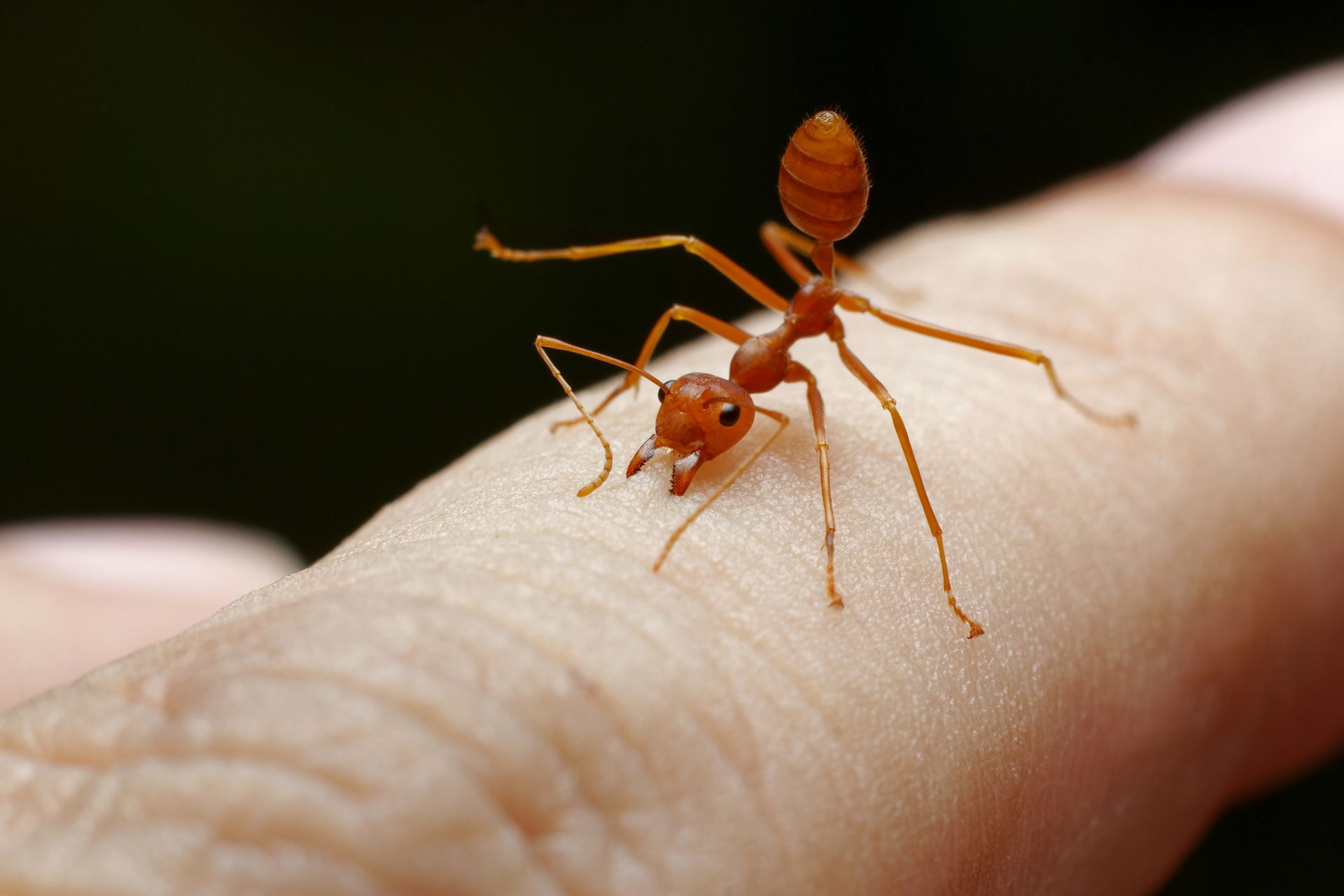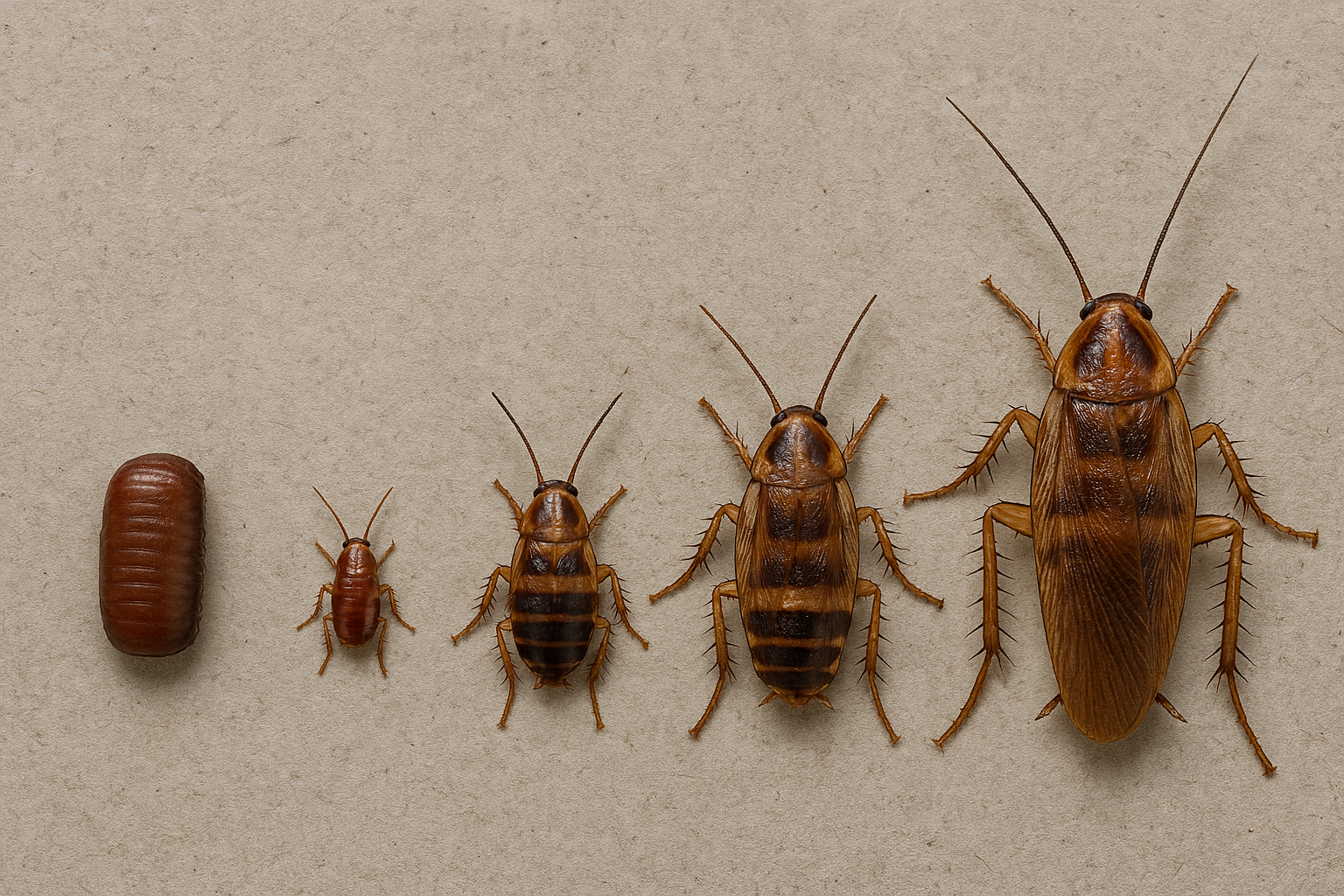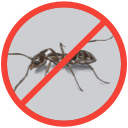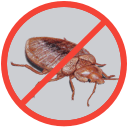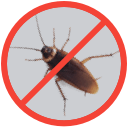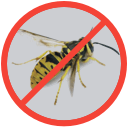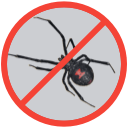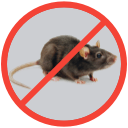Rat And Mice Diseases

There are several infectious pathogens that can be passed on and spread via rats and mice. They can transmit these diseases through bites, their waste, and indirectly through parasites that are passed on by rats and mice. One of the most notorious pandemics in human history was the black plague which was caused by infections spread by rat fleas and lice. In addition to being vectors for disease, rodents are also horrible for those that suffer from allergies. They shed and lead dander, droppings, and urine which can all impact the air quality of an infested area.
Types of Mice & Rat Diseases
Rats can introduce several types of disease that are transmitted through different receptors:
Airborne Diseases
Airborne diseases are bacteria, viruses, and pathogens that are breathed in and cause severe respiratory infections. The most common one is hantavirus which is transmitted through rodent waste, urine, and saliva. When these fluids dry up, they create dust particles that contaminate the air quality of areas with high rat and mice activity. Even without major diseases, dried rodent waste can still aggravate sensitive allergies. Ensuring that proper care is taken when cleaning up rodent waste and urine will help reduce the likelihood of hantavirus exposure.
Food Borne Diseases
Rats and mice will search out food source which will inevitably contaminate food through surface contact. This contact will spread diseases like E Coli and salmonella. Eating and drinking food and drinks that have been contaminated can lead to a severe bout of food poisoning or worse.
Parasite Borne Diseases
Rats and mice can inadvertently introduce parasites like fleas and ticks that can carry diseases or parasites of their own. Fleas and ticks will hitchhike into a home and then spread diseases like Lyme disease, plague, and anaplasmosis.
Diseases from Rat Bites
Rats’ bites are rare, but they do happen, and much more so than mice bites. Rats are scavengers that frequent dirty places like sewers and trash so there is a high likelihood of infection like rat bite fever if the bite isn’t treated.
Rat & Mouse Disease Transmission Routes
Rat and mice can carry some serious pathogens that can be deadly to humans. The method of transmission usually is the result of one of these following situations:
- Exposure to rodent droppings, urine, saliva, and nesting material
- Direct contact from an infected rat or mouse via bite or scratch
- Exposure to contaminated food or water
- Handling of infected rodent through skin-to-skin contact
- Exposure to infected ectoparasites brought in by rodents
The rats and mice are usually infected with disease or are carriers of bacteria, viruses, and parasites because they congregate around trash for food and travel in places like subways, sewers, and alleys. Once they make their way into your home, they are almost constantly urinating and defecating. Both rats and mice release droppings at 40 times a day which can contaminate a large area in a short time. They also shed uninvited guests like fleas and ticks that can then spread to human hosts.
Diseases Transmitted Directly from Rats & Mice
There are several serious diseases and sicknesses that are transmitted by rodents. The ones that are transmitted by both rodents are:
Hantavirus Pulmonary Syndrome
This virus is prevalent throughout North and South America. It is spread by breathing in the contaminated dust particles that are a result of dried rat and mouse urine, droppings, and saliva. This can also be spread via bite wounds and by coming into direct contact with contaminated rat urine or poop.
Hemorrhagic Fever with Renal Syndrome
This virus is most prevalent in Eastern Europe, Asia, and Russia. It is spread through contact with contaminated waste much like Hantavirus, but it also can be spread through direct contact from person to person.
Leptospirosis
The bacteria are prevalent all over the world and contaminates food and drinking water.
Plague
This bacterium is spread by rodents and by the parasites they carry. This is prevalent in the US, South America, Africa, and Asia and is spread rapidly through direct contact with infected animals or bites from infected fleas.
Salmonellosis
This is a common bacteria found worldwide and is spread through contaminated food and water.
South American Arenavirus
These include several types of hemorrhagic fevers which are caused by a virus that is prevalent in South America. It is spread via exposure to contaminated urine and droppings and rat bites.
Tularemia
This bacterium is prevalent all over the world and is spread by being bitten by and infected tick or eating and drinking contaminated food or water.
What Diseases Do Rats Carry?
Lassa Fever
This virus is prevalent in Africa. This is transmitted through all forms of transmission including breathing and eating contaminated materials. This can also be spread from person to person and by direct contact with rodents.
Rat Bite Fever
Rat bite fever is a bacterium that is prevalent worldwide but has different variants in North American and Europe (streptobacillus moniliformis) and Asia and Africa (spirillum minue). These result from bites or scratches from infected rats, contact with dead rats, or eating or drinking contaminated food or water.
What Diseases Do Mice Carry?
Lymphocytic Choriomeningites
This virus is prevalent all over the world and is spread through coming in contact with urine or droppings or breathing air that has been contaminated by waste particles. This can also be spread through a bite, but these are rare.
Diseases Transmitted Indirectly from Rats & Mice
Tick Borne Diseases: Babesiosis, Colorado Tick Fever, Human Granulocytic Anaplasmosis, Lyme Disease, Omsk Hemorrhagic Fever, Powassan Virus, Relapsing Fever, Rocky Mountain Spotted Fever
Flea Borne Diseases: Murine Typhus, Plague
Mite Borne Diseases: Scrub Typhus, Rickettsialpox
Other Parasite Borne Diseases: Cutaneous Leishmaniasis, Sylvatic Typhus
Contact EcoGuard Pest Management to Exterminate Rats & Mice
If you have seen rats, mice, or signs of rodent activity, there is the risk of being exposed to one of many serious diseases spread by rats to humans. To help stop and prevent further exposure to rats, mice, and other rodents, call EcoGuard Pest Management today, to get a licensed and trained rodent control specialist out to help exterminate your rodent problem.


